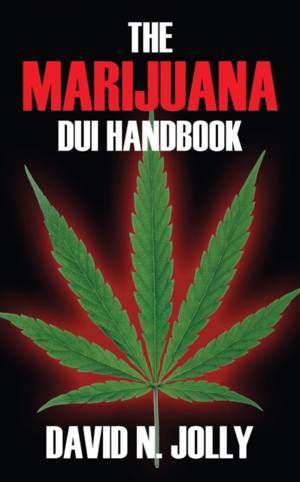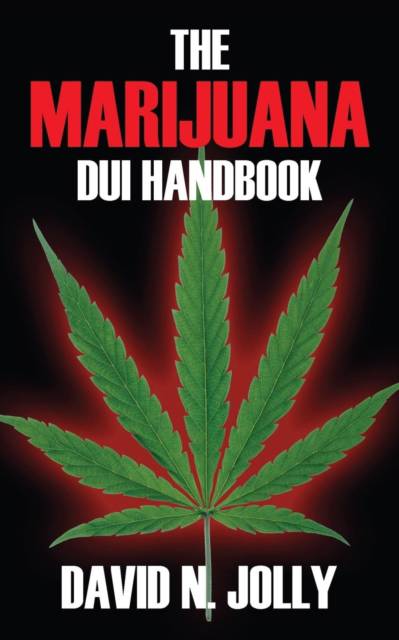
Je cadeautjes zeker op tijd in huis hebben voor de feestdagen? Kom langs in onze winkels en vind het perfecte geschenk!
- Afhalen na 1 uur in een winkel met voorraad
- Gratis thuislevering in België vanaf € 30
- Ruim aanbod met 7 miljoen producten
Je cadeautjes zeker op tijd in huis hebben voor de feestdagen? Kom langs in onze winkels en vind het perfecte geschenk!
- Afhalen na 1 uur in een winkel met voorraad
- Gratis thuislevering in België vanaf € 30
- Ruim aanbod met 7 miljoen producten
Zoeken
Omschrijving
Marijuana is now legal to consume recreationally in both the State of Washington and the State of Colorado. It is assumed that in the very near future many more states will follow and legalize the recreational use of marijuana. The subject of marijuana as a legalized recreational drug is increasing in potency and the days of demonizing the drug are numbered in most states. The use of marijuana for medicinal purposes is already legal in Alaska, Hawaii, Oregon, California, Nevada, Arizona, Montana, Michigan, Vermont, Maine, Massachusetts, Rhode Island, Connecticut, New Jersey, Delaware and Washington D.C., in addition to the already mentioned States of Washington and Colorado. It is expected than many more states will be added to this list in the very near future as advocates of medicinal marijuana are finding voice in local, state and federal politics. However, the liberalization of marijuana consumption has caused concern in law enforcement, prosecuting attorney offices and many politicians. As a result, and to address the fears of many, new marijuana DUI laws are being created to fend off the perceived epidemic that law enforcement believes is coming. In 2012, Washington State amended its driving under the influence statute to include language that makes it illegal to operate or be in physical control of a vehicle if the "[t]he person has, within two hours after driving, a THC concentration of 5.00 or higher as shown by analysis of the person's blood..." Following Washington's lead, Colorado passed a Marijuana DUI Bill in 2013 which mirrors the Washington State marijuana DUI law. Times they are a-changin'. This book details the marijuana DUI process from driving behavior, field sobriety testing, the DRE 12-step process, blood draws, and an analysis of how marijuana may impair and affect an individual and their ability to drive. This book is an objective and detailed review of the process that marijuana DUI cases must go through and a comprehensive analysis o
Specificaties
Betrokkenen
- Auteur(s):
- Uitgeverij:
Inhoud
- Aantal bladzijden:
- 126
- Taal:
- Engels
Eigenschappen
- Productcode (EAN):
- 9781478705789
- Verschijningsdatum:
- 10/09/2014
- Uitvoering:
- Paperback
- Formaat:
- Trade paperback (VS)
- Afmetingen:
- 127 mm x 203 mm
- Gewicht:
- 131 g

Alleen bij Standaard Boekhandel
+ 70 punten op je klantenkaart van Standaard Boekhandel
Beoordelingen
We publiceren alleen reviews die voldoen aan de voorwaarden voor reviews. Bekijk onze voorwaarden voor reviews.









